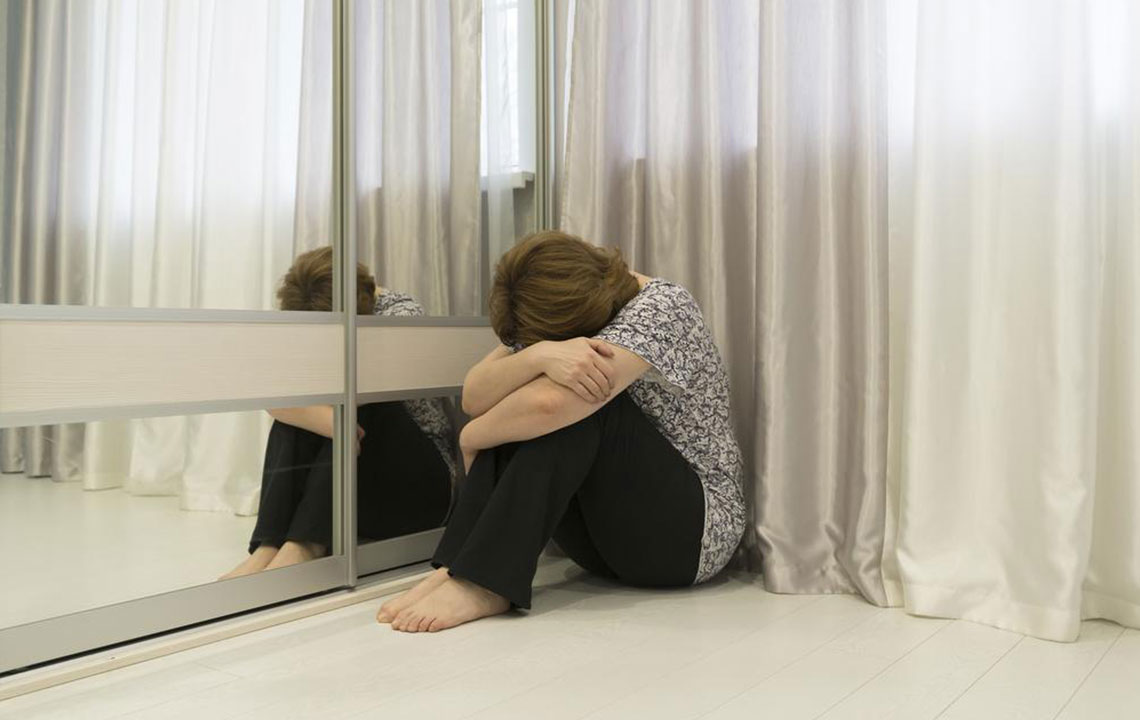Comprehensive Guide to Recognizing and Treating Adolescent Depression
Adolescent depression is increasingly common and can severely impact teens' well-being. Early detection of signs like mood swings, withdrawal, and changes in sleep or appetite is vital. Professional support, therapy, and medication provide effective treatment options. Creating a strong support system can foster recovery and resilience, helping teens overcome depression and thrive. This comprehensive guide offers insights into identifying symptoms and taking proactive steps for mental health management during adolescence.

Comprehensive Guide to Recognizing and Treating Adolescent Depression
Adolescence is a transformative period marked by rapid physical, emotional, and social changes. For many teenagers, navigating these years can be challenging and sometimes overwhelming, especially given the rapid societal shifts and personal development milestones. During this critical phase, mental health issues like depression can significantly impact a teen's overall well-being and future development. Recognizing the signs early and understanding how to effectively address adolescent depression is essential for parents, educators, and healthcare providers alike.
Adolescent depression is more prevalent than many realize, affecting approximately one in five teenagers at some point during their teenage years. This mental health condition is characterized by persistent feelings of sadness or hopelessness, which can interfere with daily activities, school performance, and interpersonal relationships. Unfortunately, due to the stigmatization surrounding mental health, many teenagers do not seek help voluntarily, making early detection and intervention even more critical.
How to identify if your teen is struggling with depression
Depression among adolescents is becoming increasingly common, but it can often go unnoticed or be confused with typical teenage mood swings. Since teenagers tend to hide their feelings or dismiss their emotions, parents and guardians need to be vigilant for subtle signs of depression that might be present. Detecting these early warning signs can facilitate timely intervention and support.
Some common indicators include:
Persistent fatigue or exhaustion that doesn't improve with rest
Social withdrawal from friends, family, and activities they once enjoyed
Notable changes in sleep patterns, including insomnia or oversleeping
Alterations in appetite, either significant overeating or drastic loss of appetite
Unexplained irritability, temper bursts, or mood swings
Restlessness, agitation, or difficulty concentrating
Decreased self-esteem and feelings of worthlessness
Expressions of hopelessness or negative self-perceptions
Engagement in risky behaviors like substance use
Severe cases may include thoughts of self-harm or suicide
When to seek professional intervention
Recognizing when these symptoms interfere with your teenager’s daily routines or overall functioning is crucial. If signs of depression persist for several weeks or seem to worsen, it’s important to seek professional help promptly. Initiate an open, non-judgmental conversation with your teen to understand their feelings better, express your concern, and reassure them of your support. Consulting mental health professionals such as psychologists, psychiatrists, or school counselors can provide tailored treatment options. Untreated depression can escalate, potentially leading to severe consequences including self-harm or suicidal ideation. Therefore, early intervention is essential to promote recovery and mental resilience.
Effective strategies and treatments for adolescent depression
Addressing adolescent depression requires a comprehensive approach that combines medical, psychological, and social support. Each teen’s needs are unique, and an individualized treatment plan is vital for optimal recovery.
Medication: In some cases, healthcare providers may prescribe antidepressants or anti-anxiety medications to help regulate brain chemistry and alleviate symptoms. Medication is usually combined with therapy for best results.
Psychotherapy: The most common therapeutic approaches include Cognitive Behavioral Therapy (CBT), which helps teens identify and reframe negative thought patterns, and Interpersonal Therapy (IPT), which focuses on improving relationships and social functioning. Family therapy can also be beneficial to strengthen communication and support systems within the home.
Building Support Systems: Creating a strong support network involving family, friends, teachers, and mental health professionals can foster a sense of belonging and stability for the teen. Encouraging participation in positive activities, hobbies, and peer support groups can also boost self-esteem and resilience.
With dedicated treatment, ongoing support, and understanding, teenagers experiencing depression can recover and lead fulfilling lives. It’s crucial for parents and caregivers to remain patient, empathetic, and proactive in seeking solutions that suit their teen’s particular needs.





